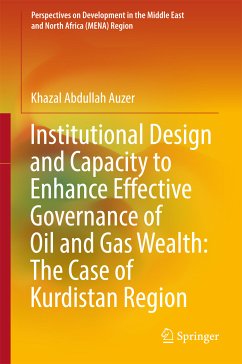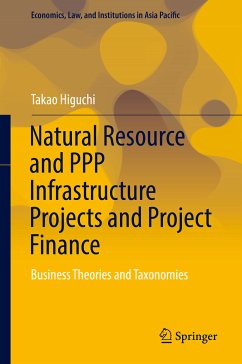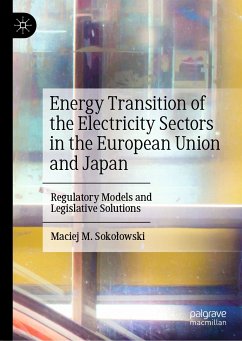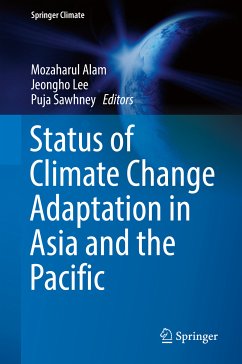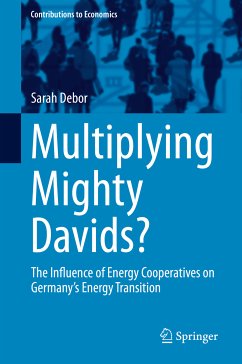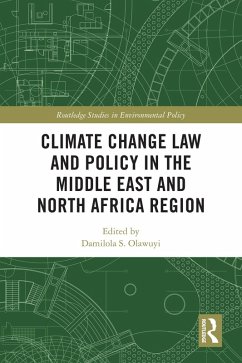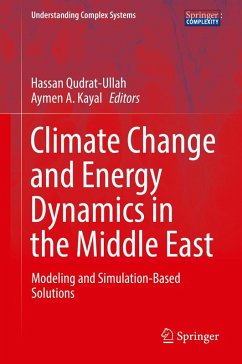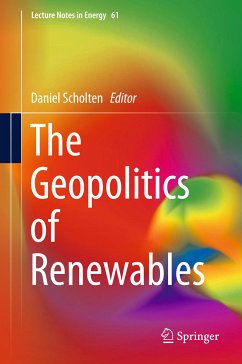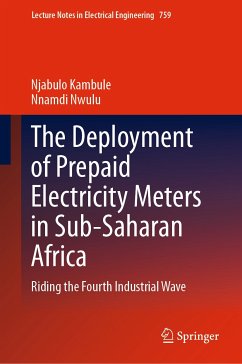
Electricity-sector Reforms in the MENA Region (eBook, PDF)
Evaluation and Prospects
Versandkostenfrei!
Sofort per Download lieferbar
80,95 €
inkl. MwSt.
Weitere Ausgaben:

PAYBACK Punkte
40 °P sammeln!
This book uses electricity-sector reforms to question some of the preconceived ideas concerning the MENA region and to provide a broader analysis of related political economy issues. It presents potential further developments of MENA's electricity-sector reforms, taking into consideration the region's unique constraints and opportunities, and discusses the practical limits of reform and deregulation. Specifically, it examines the relationship between reforms and oil prices from a new perspective and presents alternatives to the Single Buyer Model.Complementing existing research on electricity-...
This book uses electricity-sector reforms to question some of the preconceived ideas concerning the MENA region and to provide a broader analysis of related political economy issues. It presents potential further developments of MENA's electricity-sector reforms, taking into consideration the region's unique constraints and opportunities, and discusses the practical limits of reform and deregulation. Specifically, it examines the relationship between reforms and oil prices from a new perspective and presents alternatives to the Single Buyer Model.
Complementing existing research on electricity-sector reforms in other emerging markets, the book provides a new analytical framework for assessing reforms that can be easily applied to other markets and sectors.
Complementing existing research on electricity-sector reforms in other emerging markets, the book provides a new analytical framework for assessing reforms that can be easily applied to other markets and sectors.
Dieser Download kann aus rechtlichen Gründen nur mit Rechnungsadresse in A, B, BG, CY, CZ, D, DK, EW, E, FIN, F, GR, HR, H, IRL, I, LT, L, LR, M, NL, PL, P, R, S, SLO, SK ausgeliefert werden.



